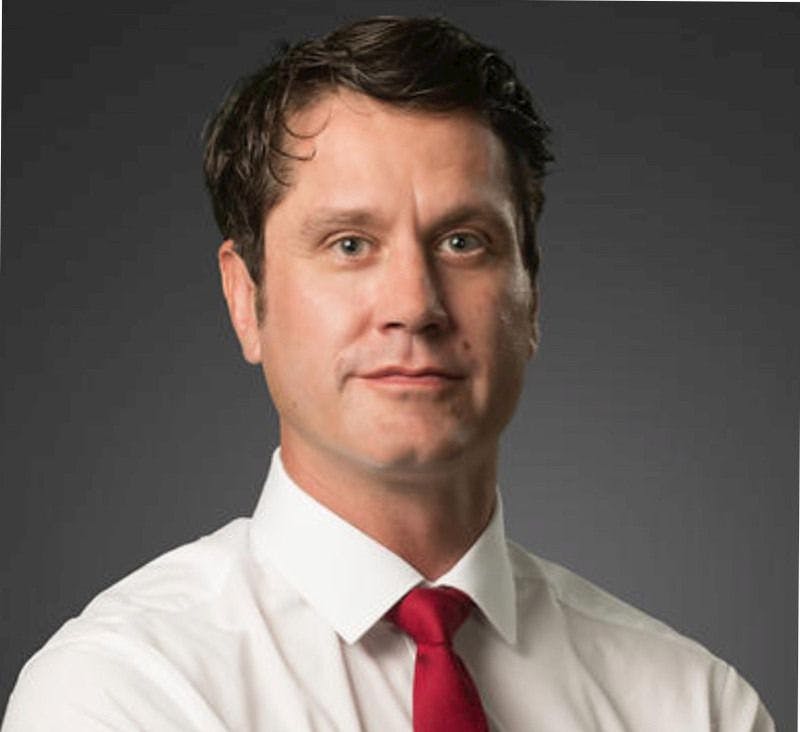835 reads
Cayman Islands DAO Wrapper: Exclusive Interview With David Lloyd, Bell Rock Group Founder
by
April 12th, 2023
Audio Presented by

A seasoned blockchain journalist & legal consultant shaping crypto narratives and navigating regulatory minefields.
About Author
A seasoned blockchain journalist & legal consultant shaping crypto narratives and navigating regulatory minefields.
